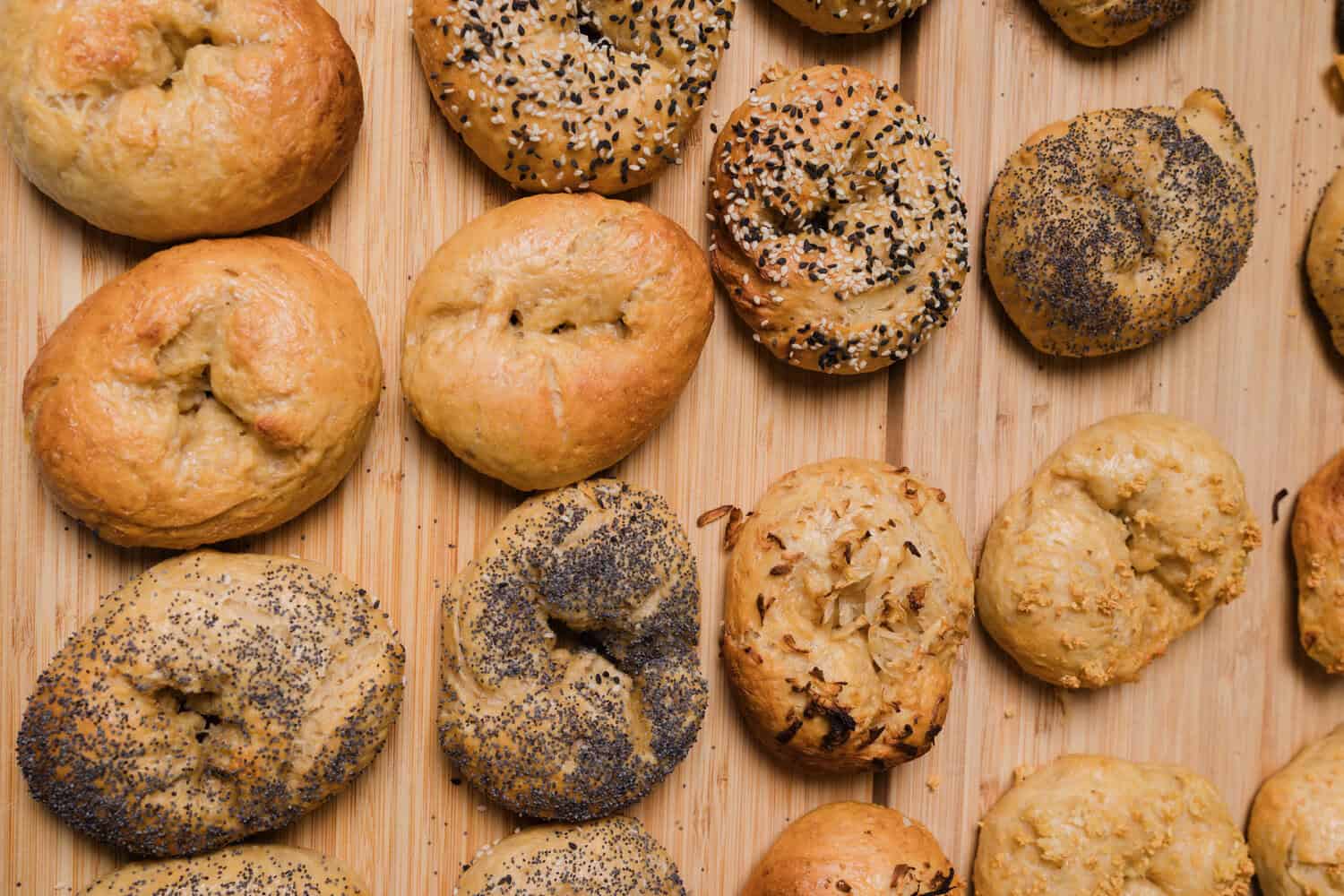What do Greta Thunberg and a Merricks winemaker have in common? Their passion for all things carbon neutral.
The difference is, Paradigm Hill’s George Mihaly started his quest 14 years ago, when the Swedish activist was still a toddler. And unlike other boomers, you won’t find him putting his bananas in a plastic bag in the fruit & veg section.
The former medical research scientist is as passionate about the planet as he is about his latest batch of pinot noir.
“Baby boomers are largely responsible for the current climate change problems,” he laments.
“The ongoing denial and the role of human activity in this tragic situation is, sadly, very prevalent among my generation. I’m frustrated by the way a sub-set, particularly those in government, continue to exacerbate the evolving crisis by failing to respond.
“There is a much greater cost from inaction than there is from implementing a change to a green economy.”
And George would know. He was an early adopter of solar power, among other innovations, installing 132 solar panels at the Merricks Rd property in the early 2000s (one of the largest solar arrays of its time on the Mornington Peninsula). And he didn’t do it on a whim, conducting a feasibility study first to establish whether wind or solar would be more viable. Don’t you just love science? His research paid off – he hasn’t had an electricity bill in years and there’s enough power left over to feed back into the grid, and charge his Tesla (a charging station in the winery’s car park is available to fellow electric car enthusiasts).
He and wife Ruth, Paradigm’s viticulturalist, employed sustainable design principles when creating their adjoining residence, helped by their architect son, Warwick. And they’ve planted thousands of trees throughout the 50-acre property over the years, helping to create a thriving ecosystem. On the vine front, shallow foliage techniques help reduce disease, mould and the need for chemical spraying. Vine prunings are mulched, not burnt, and grape waste is composted and used on the couple’s vegetable and herb garden. Wine is produced on-site, and they’ve committed themselves to becoming a zero carbon footprint winery.
“I never take it for granted," George says. "Every morning I wake up and look outside (at the vineyard grounds) and shake my head in bewilderment and say, this is extraordinary.
When you’re living a life that's engaging with agriculture, the reality is you’re constantly in a cycle of life —The Lion King type of stuff. We see ourselves as being involved in “growing” wines, and living our lives in a way that is mindful of how we are impacting the environment.
“We’re trying to do what we love to do but not leave something for your generation to clean up after us. All it requires is a bit of creative thinking.”







.jpg)

